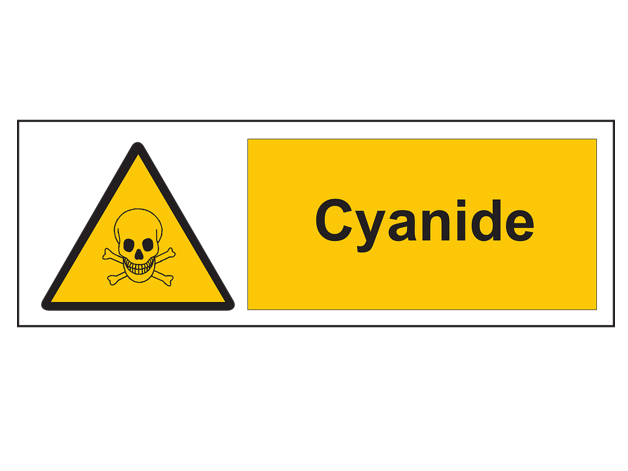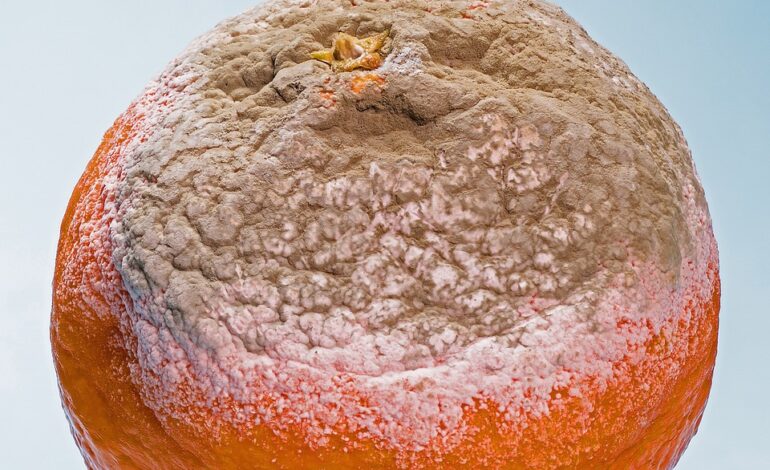How does cyanide affect cellular respiration?
Cyanide is a highly toxic chemical that can inhibit cellular respiration, the process by which cells produce energy. Simple explanation When cyanide enters the body, it reacts with enzymes in the cells that are responsible for breaking down glucose and other nutrients to produce energy. Cyanide prevents these enzymes from functioning properly, which means that […]
Read More









